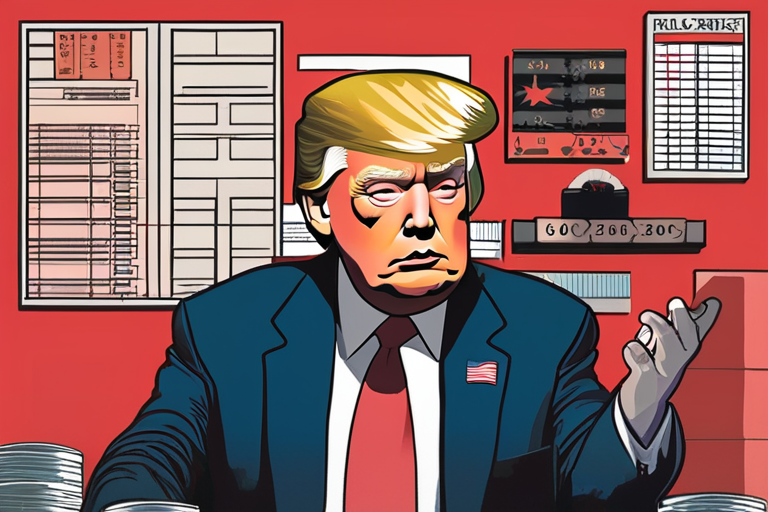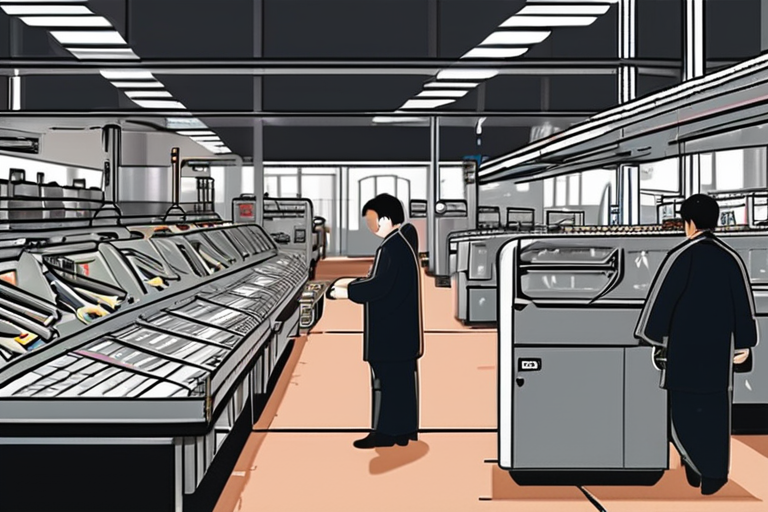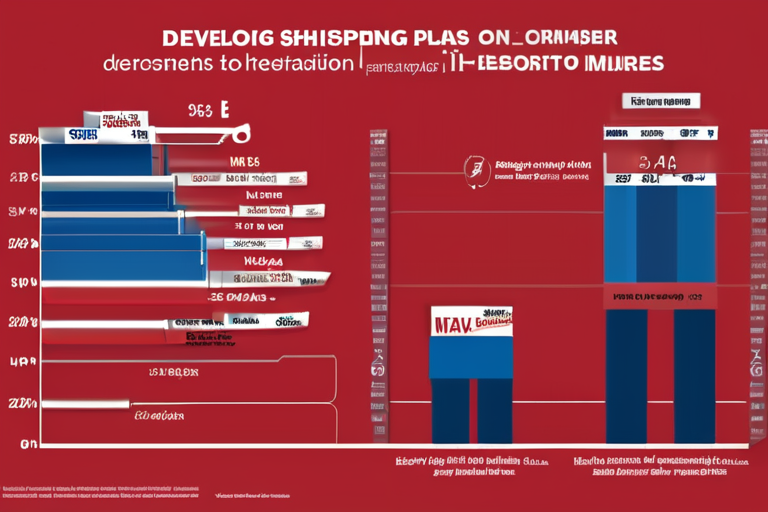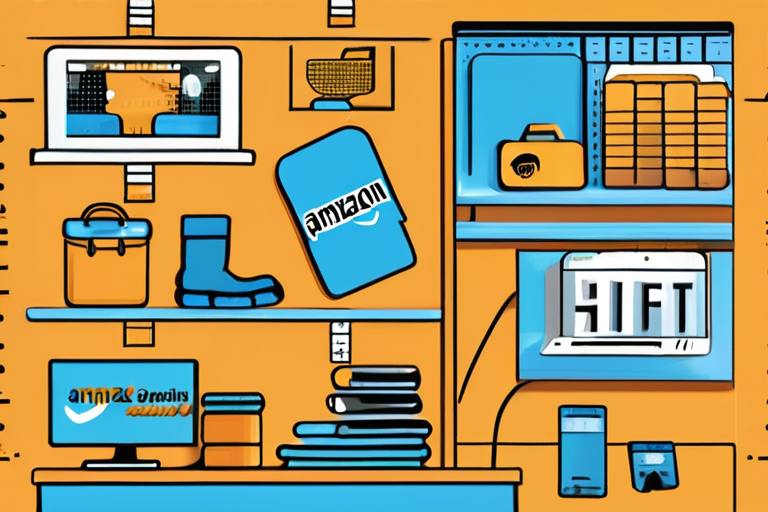Chinese Retailers Launch Early Singles Day Push to Revive Sluggish Sales


Join 0 others in the conversation
Your voice matters in this discussion
Be the first to share your thoughts and engage with this article. Your perspective matters!
Discover articles from our community

 Hoppi
Hoppi

 Hoppi
Hoppi

 Hoppi
Hoppi

 Hoppi
Hoppi

 Hoppi
Hoppi

 Hoppi
Hoppi

Trump's New China Tariff Sparks Wide Sell-Off, Wiping 2.7% Off the S&P 500 on the Bull Market's Third Birthday The …

Hoppi

China's Economy Slows to 6-Year Low Amid Trump Trade War and Weakening Consumer Demand The Chinese economy has hit a …

Hoppi

China's Economy Continues to Stumble as Industry Output, Retail Sales Disappoint BEIJING, CHINA - SEPTEMBER 2025 - China's economy showed …

Hoppi

Trump's New China Tariff Sparks Wide Sell-Off, Wiping 2.7% Off the S&P 500 on the Bull Market's Third Birthday The …

Hoppi

BREAKING NEWS Holiday Shopping Plans in Jeopardy as Consumer Spending Habits Shift Overnight A sudden shift in consumer spending habits …

Hoppi

Amazon's Prime Day: A Two-Day Shopping Frenzy that Reflects the Changing Retail Landscape As Amazon's Big Deal Days kicked off …

Hoppi